Seminar on higher education in Latin America and its challenges in the face of diversity
Seminar on higher education in Latin America and its challenges in the face of diversity
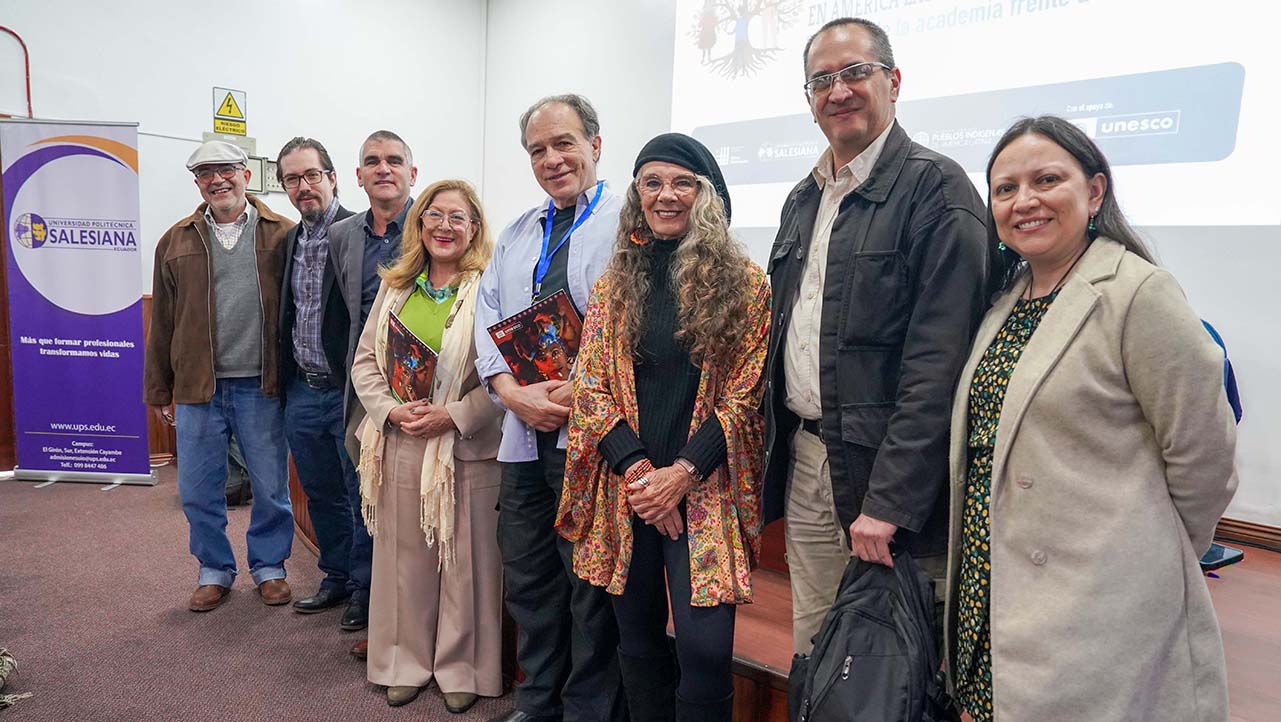
Our branch campus in Quito, “Giron” campus, held a seminar on higher education in Latin America and its challenges in the face of diversity. The seminar was organized by our university, its UNESCO chairs – Indigenous people in the city, the intercultural research center and the anthropology and bilingual intercultural education majors.
In the opening ceremony, Maria Sol Villagomez, vice president of our branch campus in Quito, welcomed participants and stressed the university’s commitment with interculturality as part of its education project. She also spoke about the need to reflect on how racism limits access and permanence of indigenous people, afro descendants and immigrants in higher education.
“Beyond the growing number of Indigenous, Afro-descendant, and rural students in our classrooms, it is necessary to reflect on the interculturalization of teaching, research, and university engagement, as well as on our management methods in higher education,” she stated.
Tatiana Villegas, UNESCO representative in Ecuador, said that interculturalization of Higher Education in Latin America is essential to address historical inequalities. She also spoke about the importance of having education that incorporates a dialogue of knowledge, eliminates discriminatory barriers, and recognizes cultural plurality as the basis for sustainable development. Finally, she said: “Race doesn't exist, but racism does. It is a social and cultural structure that is reconstructed, hierarchized, and excludes. Education has the responsibility to dismantle these patterns and open paths toward equity.”
Fernando Garces, director of UNESCO chairs, presented the methodology of the seminar, which included keynote speeches, presentation of papers and talks. Daniel Mato, researcher from Universidad Nacional Tres de Febrero, led the first conference; he explained how racism in higher education affects indigenous students and teachers. He stressed that "the design and implementation of intercultural experiences cannot be separated from the fight against racism in higher education," and suggested the need to contextualize the concept of "structural racism" in order to design effective policies.
On the second day, Pablo Beltrán, a member of the Higher Education Council (CES), thanked UPS for creating a space for reflection on interculturality and its relationship with higher education. He also noted that recognition of cultural diversity and respect for cultural, ethnic, and social representations are necessary conditions for achieving economic development.
During the keynote speech, entitled "Higher Education in Latin America: Current Situation and Challenges," Peruvian sociolinguist and educator Luis Enrique López presented the results of research carried out along with Nallely Arguelles and Rosalba Ipia in countries such as Bolivia, Guatemala, Mexico, Peru, Argentina, Colombia, Ecuador, and Nicaragua. He explained that: “from an Indigenous perspective, the right to education appears indivisible from other rights,” showing the importance of culturally relevant approaches to responding to the demands of Indigenous people.
Catherine Walsh led the third keynote speech; she provided a critical look at the contemporary Latin American university, questioning its role in the reproduction of colonial, racist, and capitalist power structures. She stated that interculturality must be embraced as a collective practice of social transformation. “Interculturalizing and decolonizing higher education implies having new forms of knowledge and life from people, recognizing that they wanted to bury us, but they didn't know we were seeds.”
Other talks were:
• Higher Education and Indigenous Women: Access, Permanence, and Participation, by Elisa Loncón, professor at the Department of Education in the University of Santiago de Chile, and Ms. Aurora Iza, professor of Bilingual Intercultural Education at the University of San Juan de Chile.
• Higher Education and Afro-descendant People in Latin America: Advances, Tensions, and Challenges, with Dr. Anny Ocoró, professor at the National University of Colombia, and Dr. Edizon León, researcher in Latin American Cultural Studies.
• Higher Education Experiences of Indigenous and Afro-descendant People, with Kichwa Kañari professor and researcher Armando Muyolema, rector of the Intercultural University of Indigenous Nationalities and People Amawtay Wasi, and Guaraní sociologist Marcia Mandepora.
• Assessment and Challenges of Intercultural Higher Education in Latin America, with doctoral candidate Slendy Vargas, Sebastián Granda, professor and researcher at UPS, and Gustavo González, professor and researcher at the Center for Research on Socio-Educational Transformation.
The event included the presentation of the book "Salesian Education and Interculturality: Reflections and Practices for Social Transformation," with talks by Sebastián Granda, José Juncosa, and Gustavo González. They also presented issue 69 of the journal "Indigenous People and Education."
Twelve simultaneous roundtables were held over the three days of the seminar, addressing topics such as curriculum, ancestral knowledge, engagement with society, structural challenges in Higher Education, interculturality in urban contexts, cultural diversity, the intercultural university as a political project, research, teacher training, and language. The cultural event was led by the Ubuntu and Shunkumanta groups.
At the closing ceremony, María Sol Villagómez stressed that the seminar provided an opportunity for collective reflection on the challenges and possibilities of interculturalization in higher education in Latin America. She highlighted the broad national and international participation, as well as the importance of continuing to promote these processes from all university levels, not only academic but also administrative and training.


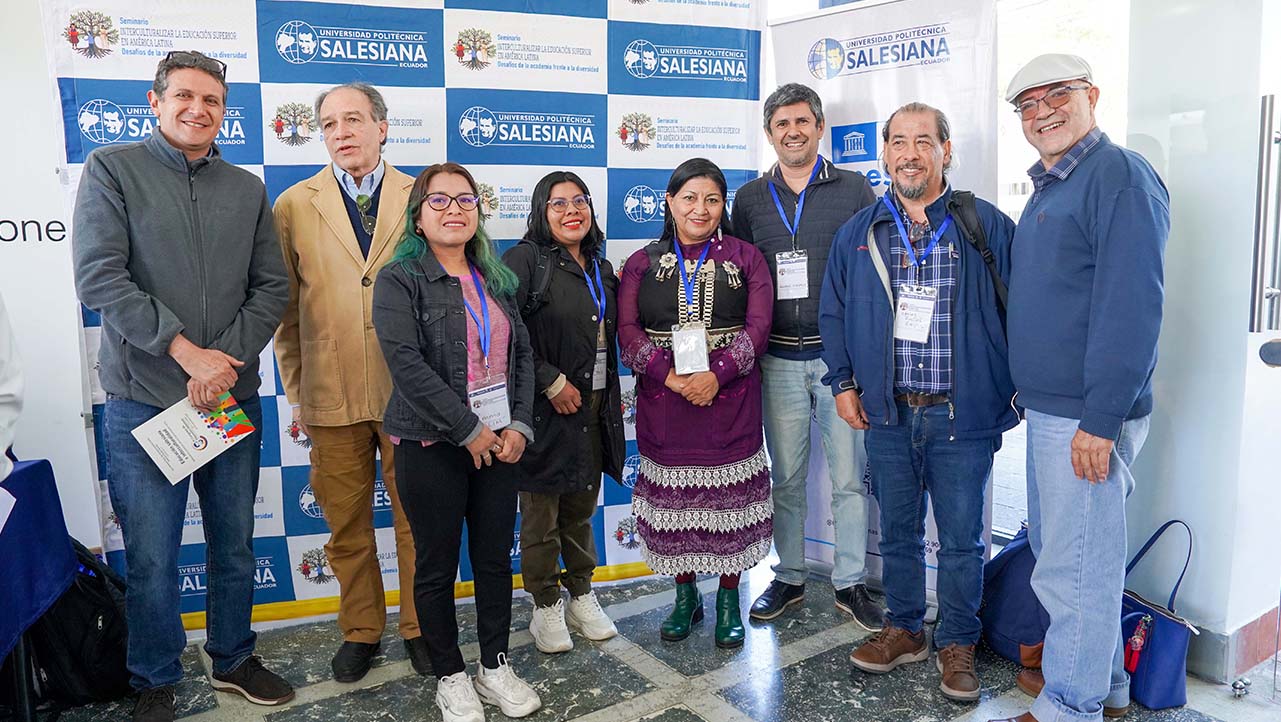
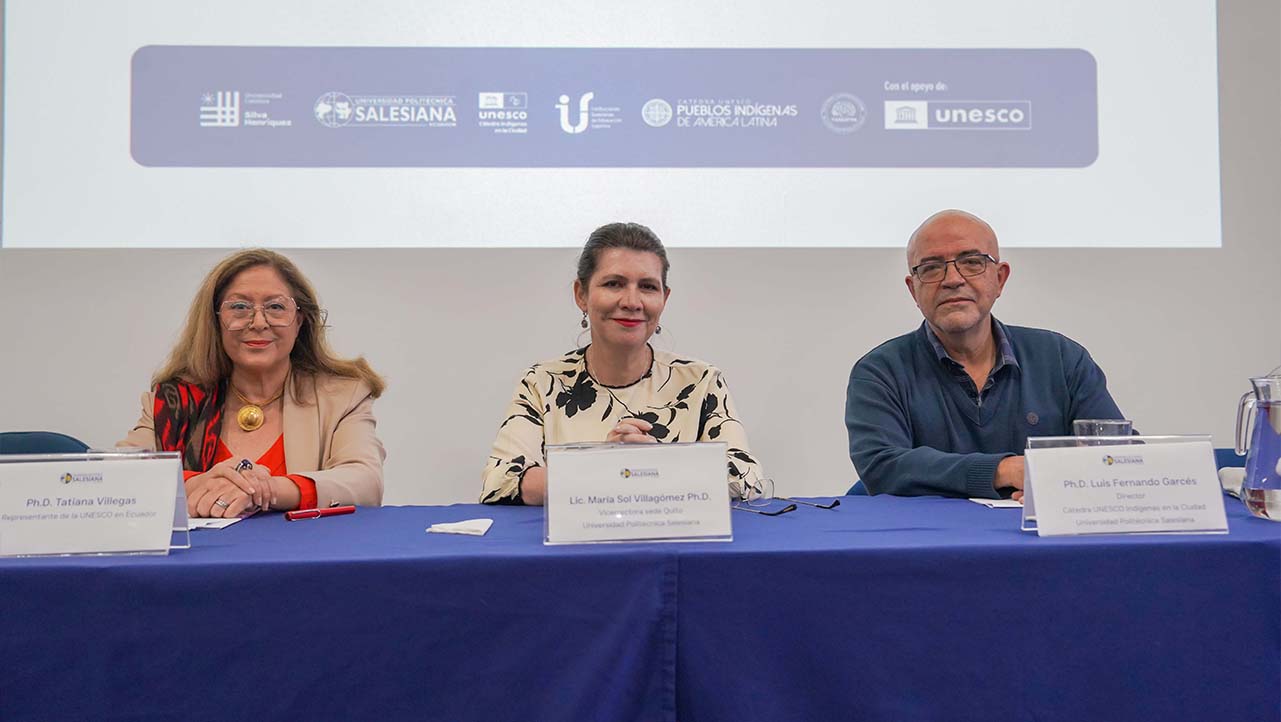
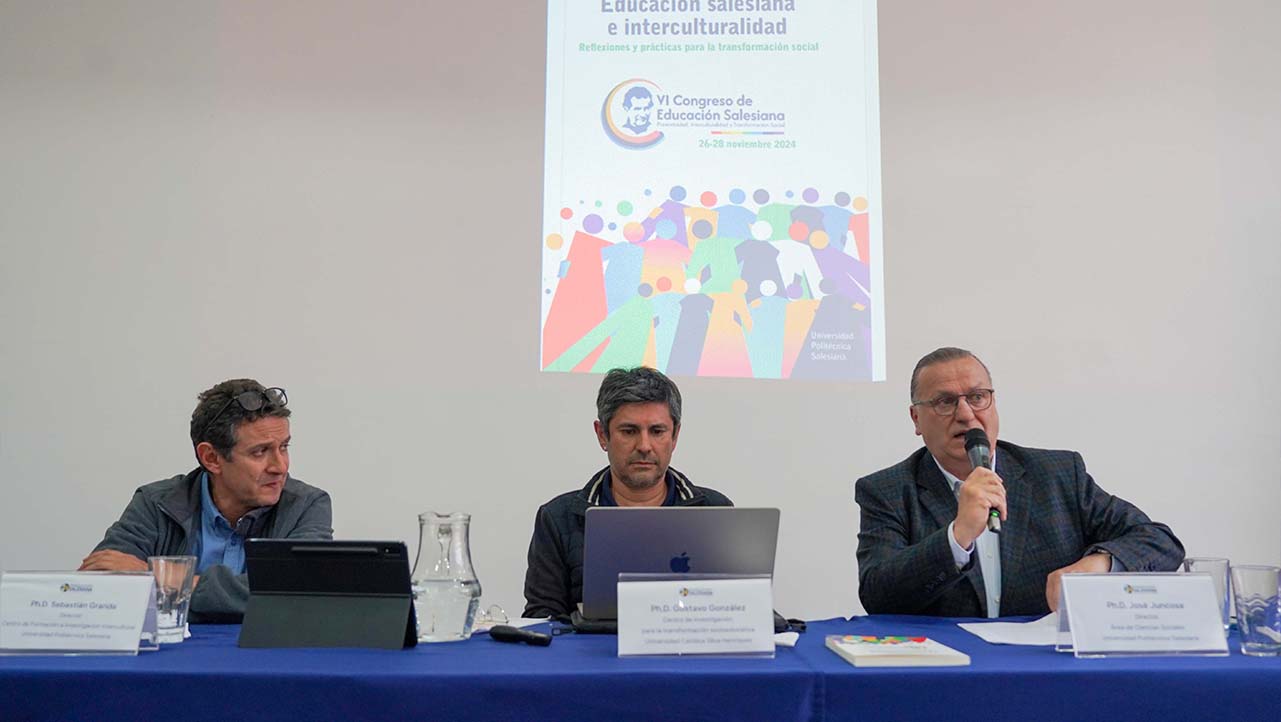
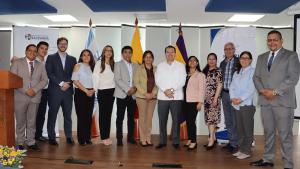
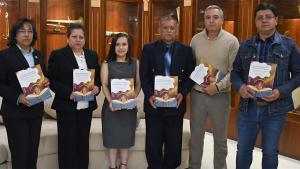
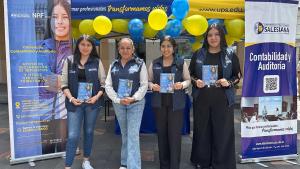

Follow us
Follow us